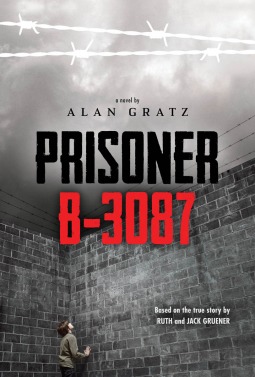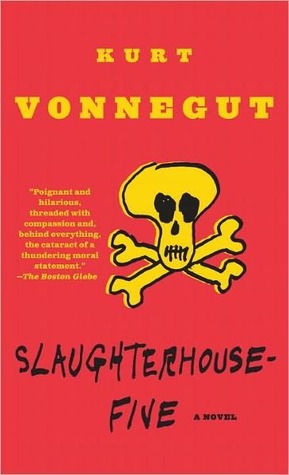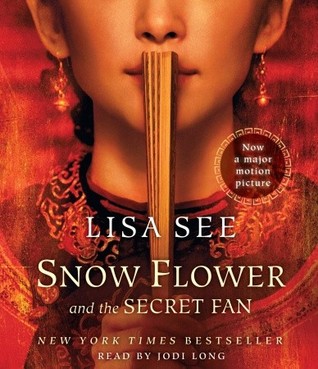Survive. At any cost.
10 concentration camps.
10 different places where you are starved, tortured, and worked mercilessly.
It's something no one could imagine surviving.
But it is what Yanek Gruener has to face.
As a Jewish boy in 1930s Poland, Yanek is at the mercy of the Nazis who have taken over. Everything he has, and everyone he loves, have been snatched brutally from him. And then Yanek himself is taken prisoner -- his arm tattooed with the words PRISONER B-3087.
He is forced from one nightmarish concentration camp to another, as World War II rages all around him. He encounters evil he could have never imagined, but also sees surprising glimpses of hope amid the horror. He just barely escapes death, only to confront it again seconds later.
Can Yanek make it through the terror without losing his hope, his will -- and, most of all, his sense of who he really is inside?
10 concentration camps.
10 different places where you are starved, tortured, and worked mercilessly.
It's something no one could imagine surviving.
But it is what Yanek Gruener has to face.
As a Jewish boy in 1930s Poland, Yanek is at the mercy of the Nazis who have taken over. Everything he has, and everyone he loves, have been snatched brutally from him. And then Yanek himself is taken prisoner -- his arm tattooed with the words PRISONER B-3087.
He is forced from one nightmarish concentration camp to another, as World War II rages all around him. He encounters evil he could have never imagined, but also sees surprising glimpses of hope amid the horror. He just barely escapes death, only to confront it again seconds later.
Can Yanek make it through the terror without losing his hope, his will -- and, most of all, his sense of who he really is inside?
Based on an astonishing true story.
~~~~~~~~~~~~~~~~~~~~~~~~~~~~~~
Each chapter in this narrative represents a different concentration camp that the main character, Yanek, is sent to. In terms of providing a broad view of the various different horrors the Jewish people were subjected to at the hands of the Nazis, this book certainly does a good job, but I found it to be very surface level.
Yanek experienced and witnessed numerous horrors, lost friends and family, and struggled to hold onto hope. The book does not shy away from the gory details, but I didn't find it to be overly graphic. The biggest issue I had with the narrative is that the story felt very rushed. Because it was trying to cover so much ground, each camp was reduced to a short chapter, which didn't allow for some of the elaborating details I would have liked. I suppose the rushed feeling did add some suspense to the narrative, but I felt it was more of a hindrance to the story than a benefit.
Nonetheless, I did like the book enough to include it in future book circles to supplement our unit on identify when we read books like Anne Frank: The Diary of a Young Girl and Hana's Suitcase.










